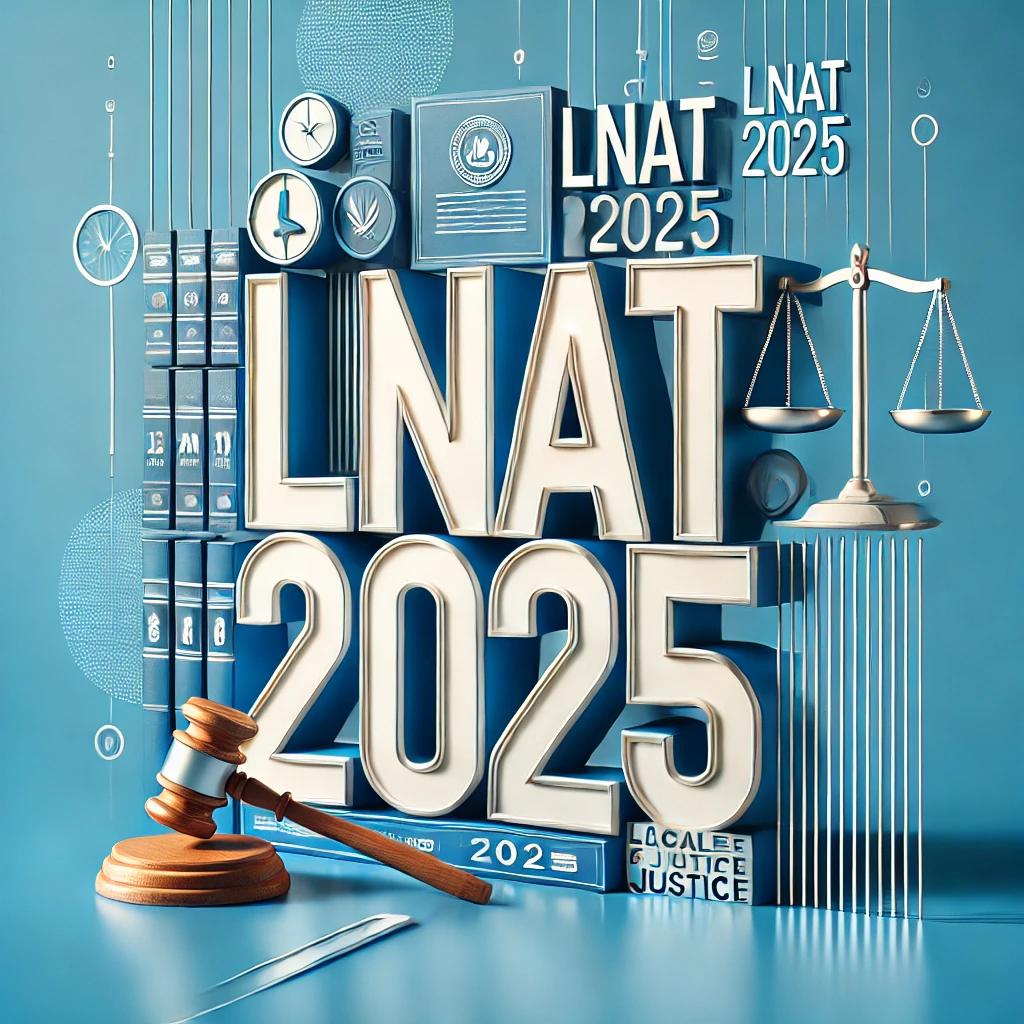
LNAT 2025 Exam Notification
LNAT 2025 Exam Notification
The Law National Aptitude Test (LNAT) is an essential entrance exam for candidates seeking admission to undergraduate law programs at various UK universities. The test assesses candidates’ critical thinking, logical reasoning, reading comprehension, and argumentative writing skills. It does not test prior legal knowledge but evaluates analytical and verbal reasoning abilities necessary for legal studies. LNAT is widely accepted by prestigious universities such as Oxford, Cambridge, and King’s College London.
LNAT 2025 Exam Notification Dates
| Events | Dates (Tentative) |
|---|---|
| Online Registration Start | August 2025 |
| Last Date to Apply | January 2026 |
| Admit Card Release | To be announced |
| Exam Date | September 2025 – January 2026 (varies by university) |
| Result Declaration | Mid-February 2026 |
LNAT 2025 Application Process
- Mode of Application: Online
- For Registration use a valid email ID and phone number.
- Personal & Academic Details: Fill in details correctly.
- Document Upload: Upload scanned copies of photograph, signature, and necessary academic certificates.
- Payment Methods: Credit/Debit Card, PayPal, or Online Banking.
- Submission: Complete the form and save a copy for future reference.
Fee Details :
| Fee Type | Amount (INR) |
|---|---|
| Application Fee | ₹12,500 |
| Rescheduling Fee | ₹2,100 |
| Late Booking Fee | ₹2,100 |
LNAT 2025 Eligibility Criteria
For Undergraduate Law Programs:
Educational Qualification : Completed or appearing for high school (A-levels or equivalent).
Age Limit : No specific age limit.
Additional Requirements : Some universities may have minimum academic percentage requirements.
LNAT 2025 Exam Pattern & Syllabus
| Exam Feature | Details |
|---|---|
| Exam Mode | Online (Computer-Based Test) |
| Exam Duration | 2 Hours 15 Minutes |
| Type of Questions | Multiple Choice Questions (MCQs) & Essay Writing |
| Total Questions | 42 MCQs + 1 Essay |
| Marking Scheme | +1 for each correct answer (MCQs), No negative marking |
| Test Language | English |
-
- Reading comprehension passages analyzing interpretation, inference, and logical connections.
- Critical reasoning questions evaluating arguments, assumptions, and flaws in reasoning.
- Identifying key points and distinguishing between facts and opinions.
- Logical reasoning exercises testing structured argument evaluation.
- Inference-based questions requiring conclusions based on explicit/implicit information.
- Deductive reasoning tasks focusing on pattern recognition and logical structuring.
- Comparing and contrasting multiple perspectives within a passage.
- Recognizing inconsistencies, contradictions, and misleading arguments.
- Editorial, legal, and academic text analysis for logical coherence.
- Essay writing section testing the ability to construct well-reasoned arguments on social, political, or ethical issues.
- Evaluating different perspectives and presenting a balanced argument in writing.
- Developing structured responses with a clear introduction, supporting evidence, and conclusion.
- Avoiding vagueness while ensuring clarity, coherence, and grammatical accuracy.
- Testing candidates ability to think critically and respond to real-world legal and ethical dilemmas.
Note : For more details visit the official website https://lnat.ac.uk/


